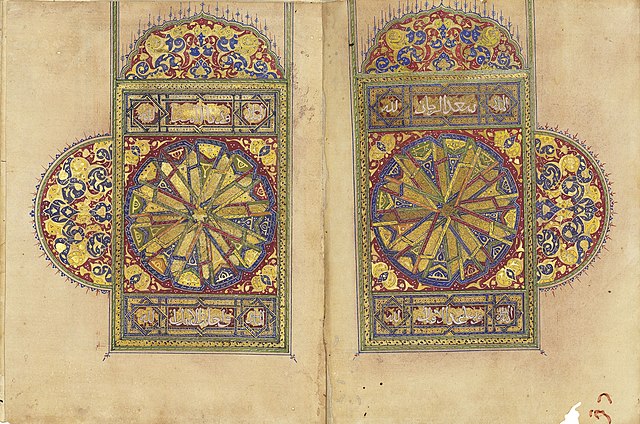by Zoe Spencer, Warwick SMLC graduate and PG student in the Warwick MA in Translation and Cultures. Happy start of term to everyone!
مرحباً! أنا اسمي زوي
Hi! My name is Zoe. I graduated with first class honours from the University of Warwick this summer with a BA in Modern Languages. I joined Warwick in 2019 as a student of French and Hispanic Studies and chose to enrol in the Arabic for Beginners course with the Language Centre.
Whilst searching for universities, Warwick stood out to me because of the range of languages offered as I knew that I wanted to take up something new and distant from my language learning experience thus far. I attended an Arabic taster session with Mohammed during an open day, and my decision was made.
I was often met with surprise when asked about my language combination (it was mostly the fact of studying three languages that perplexed non-linguists in particular). “But how are you finding writing from right to left?” seemed to be the most common question. I found this funny because I’m left-handed. It was easier. The real difficulty as a beginner was learning how each letter joins (or doesn’t join) onto the next, but that was explained over many classes at the start of first year.
Throughout the course, a range of topics were covered, from the basics of family and education in first year, sport and music personalities in second year, to more complex themes in final year such as women’s rights and literature. I also enjoyed the cultural module that was delivered as part of the course during final year as this allowed me to apply some of the language acquired to discussions of current affairs and historic events in the Arab world.
I’ve learnt throughout my degree that Arabic is a language surrounded by a rich history, as well as scientific and literary importance. Although grammar was the bane of my life, as with every language, establishing patterns between groups of words and their meaning gave me a real appreciation of the simplistic yet complex nature of the language. Most words stem from a 3-letter root. Once the meaning of this root is established, it is possible to understand a whole wealth of unknown vocab, simply through identifying these patterns. The more I learnt, the more it all seemed to click into place.
Next year, I will be studying an MA in Translation and Cultures at Warwick and plan to keep up my Arabic language in my free time as I will be using my major languages during this programme of study. However, upon attending the London Book Fair this year, I had the chance to speak with and attend many talks by translators, including a literary translator from Arabic into English. This event inspired me to continue developing my Arabic language skills. Moreover, the transferable skills that I will acquire next year in translation will allow me to seek out more opportunities to put these skills into practice in the future.
I am looking forward to being back on campus next year and learning more about translation, languages, and cultures as part of the SMLC.



